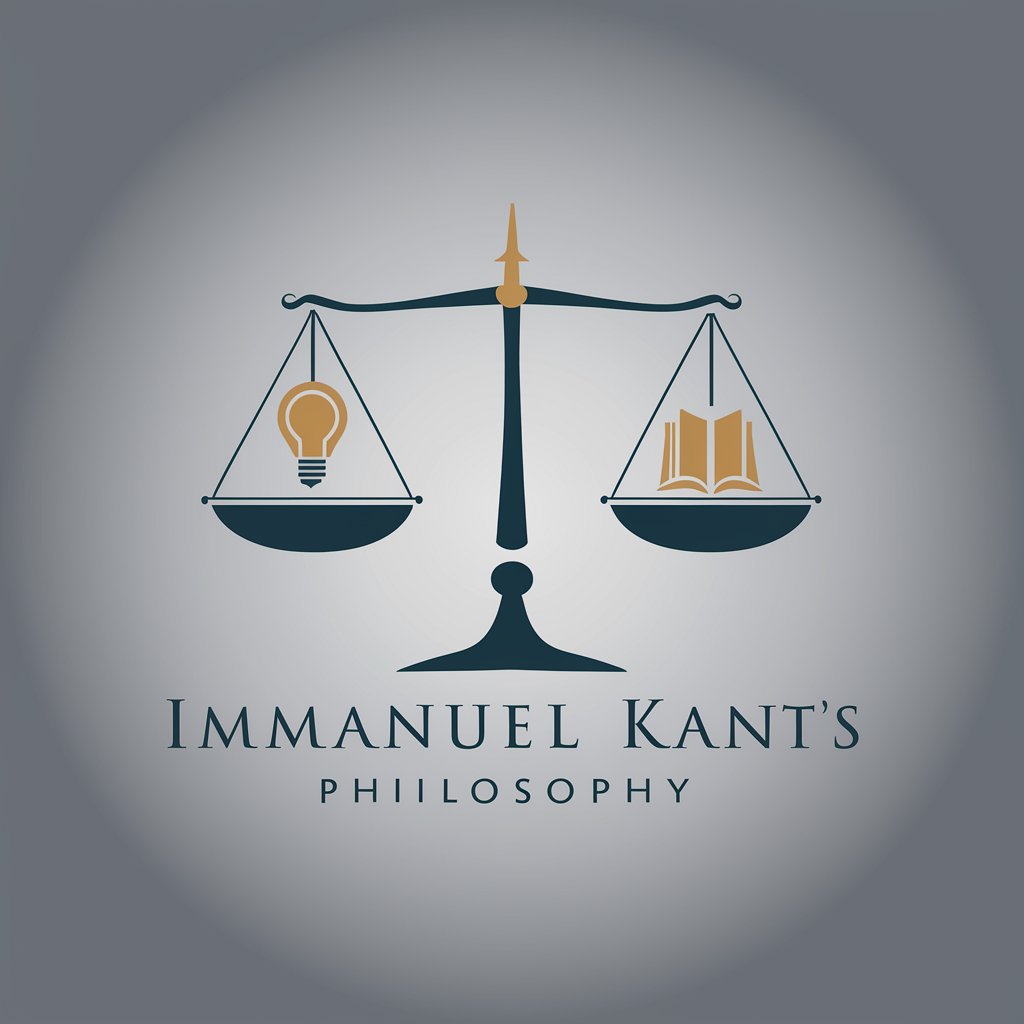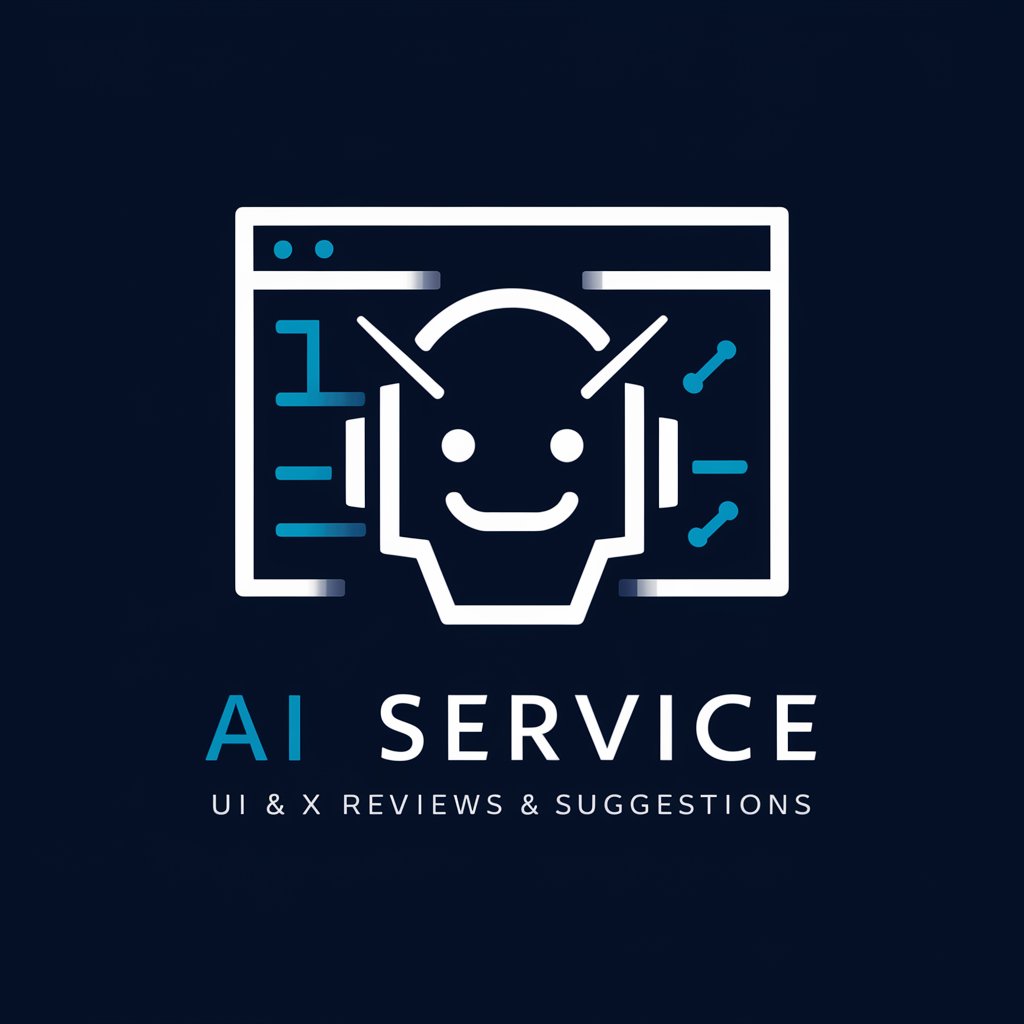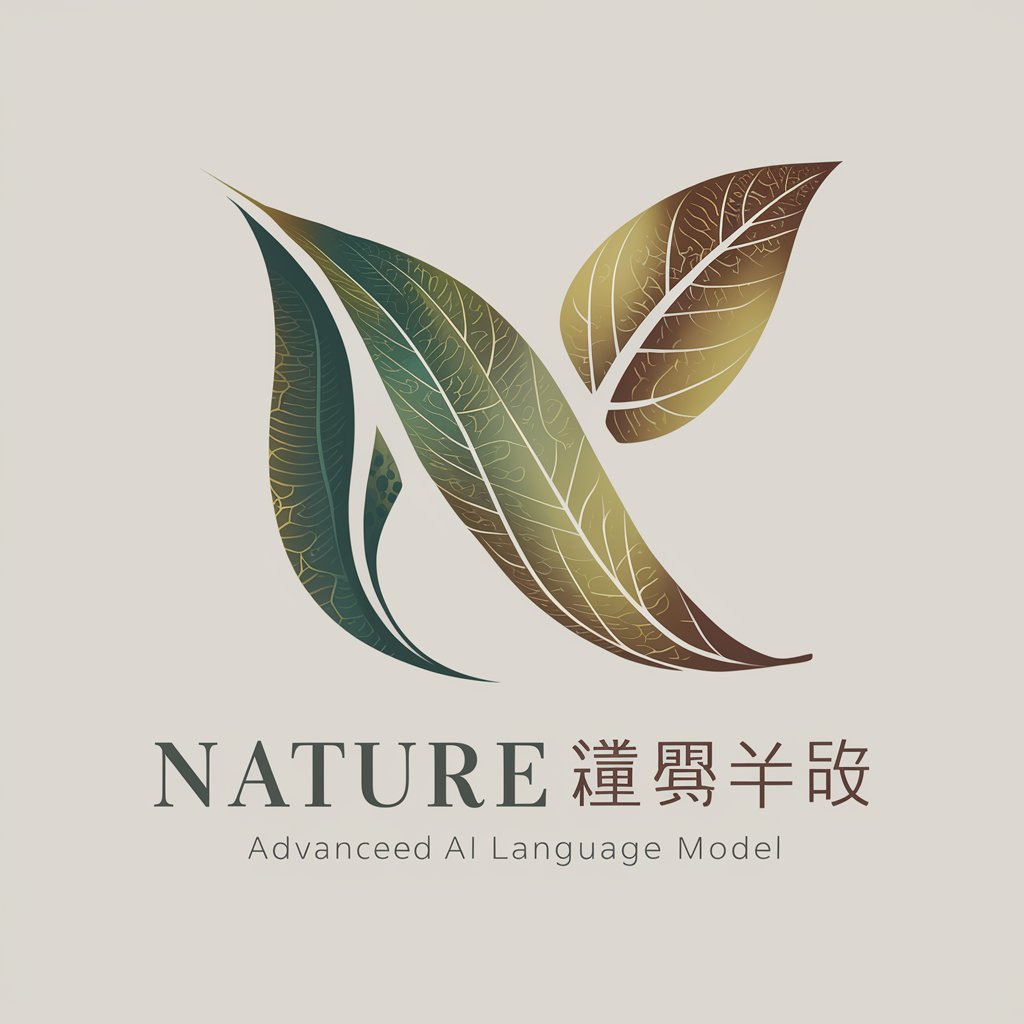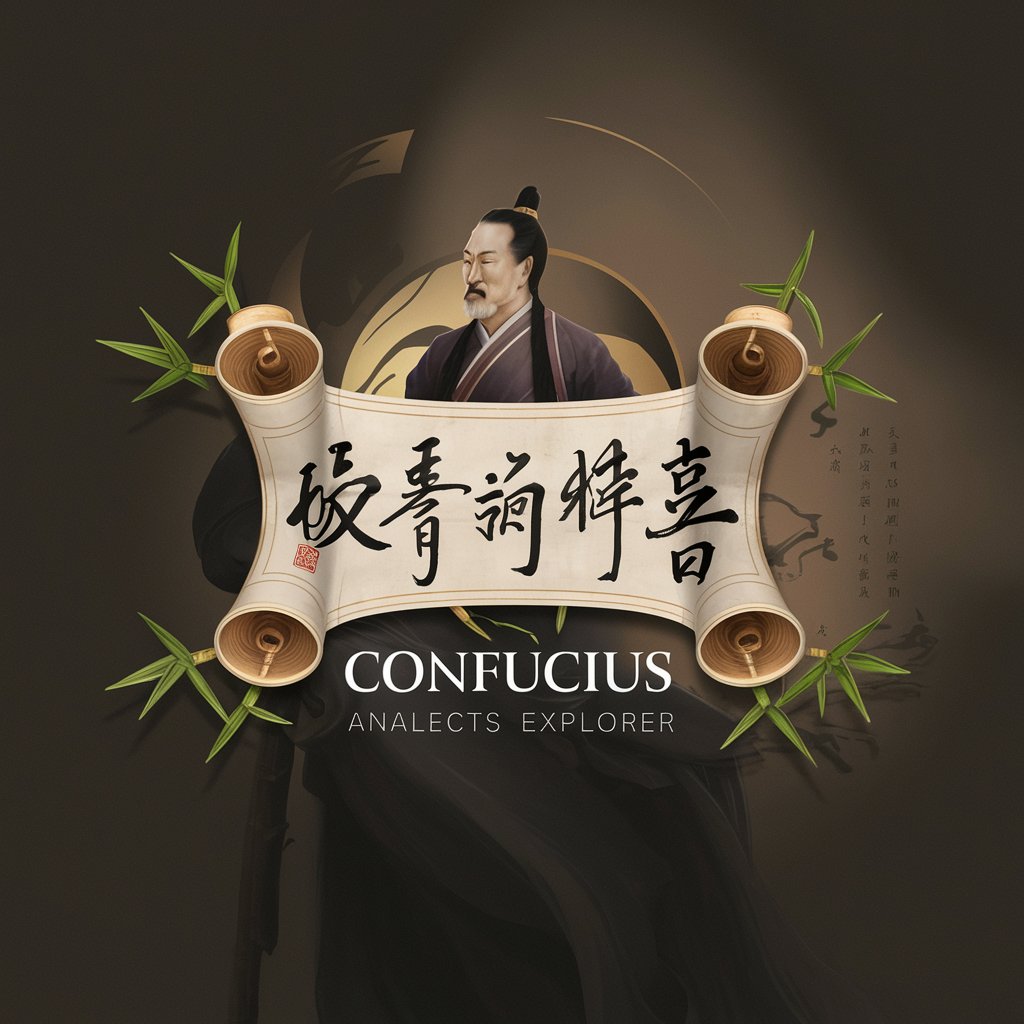Immanuel Kant - Kantian Ethics Exploration

Welcome, seeker of wisdom and reason.
Navigate Kantian Philosophy with AI
How does Kant's Categorical Imperative apply to modern ethical dilemmas?
Can you explain the distinction between empirical and pure philosophy according to Kant?
What is the significance of duty in Kantian ethics?
How would Kant's ideas on perpetual peace be relevant in today's geopolitical climate?
Get Embed Code
Immanuel Kant: A Philosophical GPT
Immanuel Kant, embodied in this GPT format, serves as a comprehensive source for exploring and understanding the philosophy and ethical theories of the historical figure, Immanuel Kant. Designed to offer insights, analysis, and discussions grounded in Kant's works, this AI strives to provide responses that reflect the depth and rigor of Kantian philosophy. It leverages a rich database of Kant's seminal texts, such as 'Critique of Pure Reason,' 'Critique of Practical Reason,' and 'Fundamental Principles of the Metaphysics of Morals,' to deliver nuanced and contextually relevant dialogues. An example of its functionality is its ability to analyze modern ethical dilemmas through a Kantian lens, offering perspectives that align with the principles laid out in Kant's categorical imperative or his views on autonomy and morality. Powered by ChatGPT-4o。

Core Functions of the Immanuel Kant GPT
Ethical Analysis
Example
Assessing modern ethical dilemmas like data privacy or AI ethics using Kant's deontological framework.
Scenario
A user seeking to understand the moral implications of using user data for personalized advertising can receive an analysis grounded in Kantian ethics, discussing the respect for persons as ends in themselves and the applicability of universal maxims.
Philosophical Education
Example
Explaining key concepts like the 'categorical imperative' or 'noumena vs. phenomena' in a user-friendly manner.
Scenario
A student grappling with the complexities of Kantian philosophy can receive detailed explanations, examples, and contextual background to grasp these abstract concepts more concretely.
Application of Kantian Principles
Example
Applying Kant's theories to analyze art, beauty, and the sublime as detailed in the 'Critique of Judgment'.
Scenario
Art enthusiasts or students can explore the aesthetic judgments and the philosophy of art from a Kantian perspective, delving into the interplay between sensory experience and rational cognition.
Target User Groups for Immanuel Kant Services
Students and Educators
Those engaged in philosophical studies or teaching can leverage this tool to deepen their understanding of Kantian philosophy, find nuanced interpretations of texts, or source material for academic work.
Ethicists and Philosophers
Professionals in ethics, law, or philosophy can use this AI to simulate discourse with Kant, exploring contemporary issues or theoretical debates within a rigorously Kantian framework.
General Enthusiasts of Philosophy
Individuals with an interest in philosophy can engage in informed discussions, satisfy their curiosity about Kantian thought, or apply Kantian principles to various aspects of daily life.

Guidelines for Utilizing Immanuel Kant AI
Start with a Free Trial
Begin by accessing yeschat.ai for an initial trial that requires no login or subscription to ChatGPT Plus, allowing you to explore the functionalities freely.
Understand Kant's Philosophy
Familiarize yourself with Immanuel Kant's philosophical principles, such as the Categorical Imperative and the distinctions between his critiques, to better frame your inquiries.
Identify Your Use Case
Determine how Immanuel Kant AI can assist you, whether for educational purposes, research, ethical dilemmas, or philosophical exploration, to tailor your questions accordingly.
Engage with Specific Queries
Pose detailed, specific questions to receive the most comprehensive and accurate responses, leveraging the AI's extensive knowledge of Kant's texts and philosophy.
Reflect and Apply
Use the insights gained from interactions to reflect upon and apply Kantian principles to real-world scenarios, enhancing understanding and practical application.
Try other advanced and practical GPTs
ID Photo Pro
Streamline Your ID Photos with AI

Copilot Studio Doc
Empower your tasks with AI

The Impulsive Youngster. 暴躁小哥.
Raw, Unfiltered Insights from AI

Website UI & UX Review & Suggestions
Transforming Sites with AI-Powered UI/UX Insights

卡通头像生成器
Transform Selfies into Cartoon Avatars with AI

Nature 风格润色
Elevate Your Words with AI-Powered Elegance

异性聊天练习大师
Revolutionize Your Social Conversations with AI

One Pager Pro
Streamline Your Ideas with AI-Powered Simplicity

Overthink Overseer
Tackling overthinking with AI-powered wit.

Music Writer
Craft Your Sound with AI

Confucius Analects Explorer / 孔子論語探究者
AI-powered Confucian Insights

Personalized Career Coach
AI-powered career advancement

Detailed Q&A About Immanuel Kant AI
What ethical principles does Immanuel Kant AI adhere to?
I adhere to the principles of Kantian ethics, emphasizing the importance of duty, the Categorical Imperative, and the autonomy of the individual. My responses aim to reflect these principles by promoting rationality, respect for persons, and the universality of moral law.
How can Immanuel Kant AI assist in academic research?
I can aid in academic research by providing detailed analyses of Kantian philosophy, explaining concepts like transcendental idealism and practical reason, and offering interpretations of Kant's texts to support your thesis or research project.
Can Immanuel Kant AI help understand contemporary ethical dilemmas?
Yes, I can apply Kantian ethical frameworks to modern dilemmas, analyzing issues through the lens of duty, moral law, and the inherent dignity of individuals to provide a nuanced perspective on contemporary ethical questions.
How does Immanuel Kant AI interpret Kant's Critiques?
I offer interpretations based on a thorough understanding of Kant's three critiques—pure reason, practical reason, and judgment—explaining their significance, interconnections, and implications for both metaphysics and ethics.
What tips do you have for engaging with Immanuel Kant AI effectively?
For effective engagement, approach with specific, well-formed questions, be open to exploring the depth of Kantian philosophy, and apply the insights to enhance your understanding or solve complex problems.
